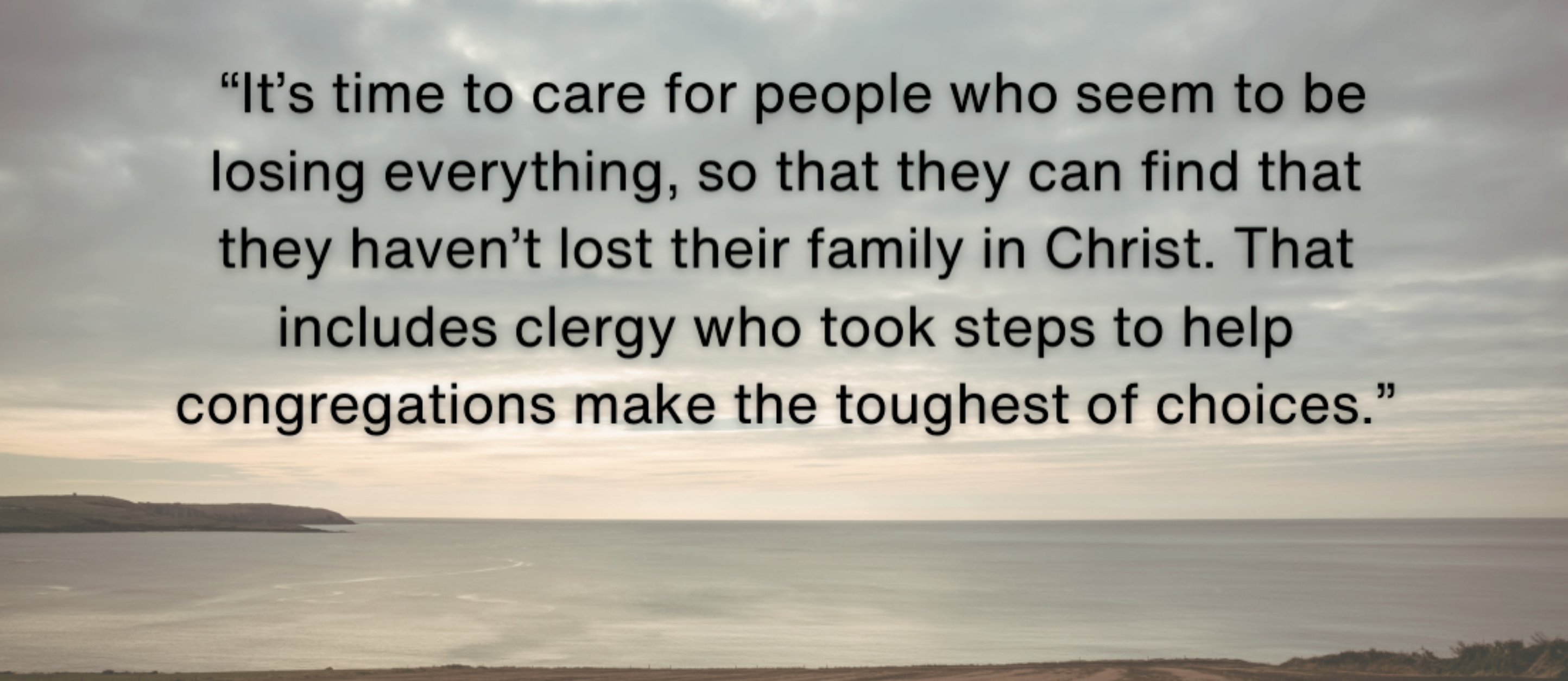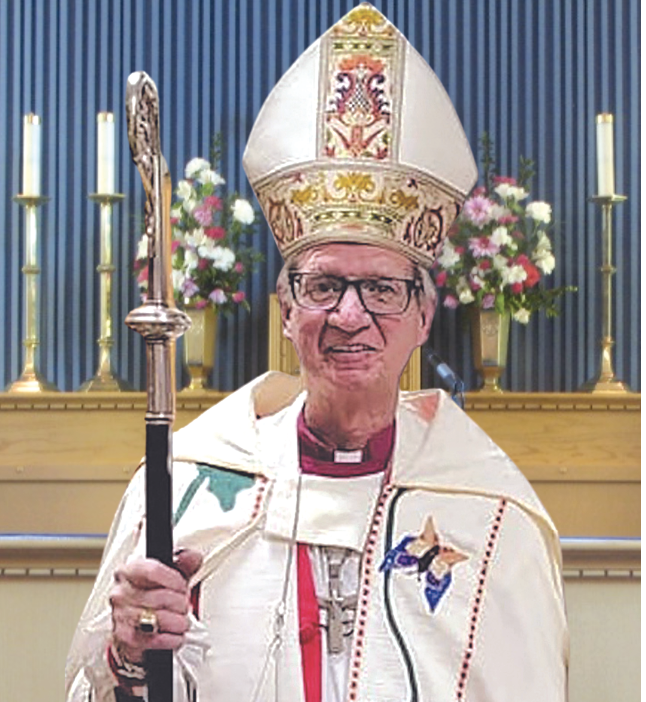I often spend time online, scanning through various book sellers who offer hard copies and ebooks, to see what is popular reading in relation to the ongoing life of the Christian Community. Obviously, many of us who are invested in the Church like to see what books are “out there” that we shouldn’t miss, especially writings that have insights as to the change we are being pushed into and through these days.
I also like to “creep”… I mean “browse” through social media commentary to see what clergy and laity are expressing these days. Two phrases come to mind when I am busy exploring. First, “It’s like being really thirsty and trying to get a drink through a fire hose.” Second, “some of this is better than a concert.”
Take a moment with me and browse some of the titles I have found: The Scandal of Leadership; The Congregation in a secular age; Faithful innovation; When the Church stops Working; The Great De Churching Churches and the crisis of Decline; Repentance: How God Radically Transforms People; Churches, and Organizations from the Inside Out; How to Engage People; Churches, and Partners to Inspire Hope in Your Community; Mission as Penance for Cultural and Religious Superiority.
Atheists are also having a great time smugly writing about the demise of Christianity. Here are two that I have read recently: Outgrowing God, and how about this one: Christianity made me talk like an idiot.
Like I said, better than a concert, but very confusing and unsettling.
If you are still with me, please join me and look at this passage from Ecclesiastes 1:9 (I’m using the King James Version, because every article should have some beautiful poetic language):
The thing that hath been, it is that which shall be; and that which is done is that which shall be done: and there is no new thing under the sun.
The Church has faced many disasters over the centuries, such as the powers that be during the French Revolution outlawing belief in God and demanding worship of reason. There have been reformations, disagreements, and divisions in every generation. Change and upheaval has been constant. The Church of today is radically different from what it was when our grandparents drove us to church.
Let’s be honest: in all of our scrambling to find answers, it seems the only ones enjoying what is happening are the people who are making a fortune selling books and offering programs. The quote I just shared from Ecclesiastes (or Wisdom), tells us we can’t “fix this,” and that we never could.
We certainly need wisdom to go along with the New Testament promises we have. Let’s review them, shall we? First, we have a hope that God will be with us in all things, and secondly, that the Creator will provide for us. (Philippians, chapter 4)
So, a good question to start with might be: “Where is the wisdom to go along with what God is still providing?” And one more if you insist: “What books should I buy?”
There is some wisdom in the many books that are up for sale for sure; but come on: how much can we absorb? How do we separate hubris from something we can use in our parishes?
How on earth do we who study what is being said about getting through change, decline, turmoil and everything else offered by gurus and self-appointed experts, translate hope and practicality for the people in our parishes? Are we answering questions they are asking or insisting on answering ones we think they should be?
Congregations are asking for meetings these days. Not to do a book study or analyze changing societal trends or shifting theological understandings of God. They are asking for meetings to express concerns about bills, weariness, lack of funds, apathy, anger, running out of time, and sadness.
These meetings, which are becoming more frequent, are requiring focused answers to the stuff of finances and infrastructure. I can say with certainty that in meetings where people who have been patient, faithful, and concerned are free and safe to share their anger, weariness, discouragement, and ask direct questions, wisdom always emerges. When I look into the faces of those who attend, I see discouragement turn into affirmation—when folks realize that they are being listened to and valued. As well, when the stories of other congregations are being shared, we realize that we are not alone in this. It is not about failure—it is about a change that God is speaking to us about. Jesus promised to anoint our communities with wisdom.
Let’s just listen to the Holy Spirit, and to each other. Let’s value the stories we have as parishes and receive the stories of others with authentic gratitude and concern.
We can’t do this alone. It’s time to build community in new ways from within our own contexts. It’s time to care for people who seem to be losing everything, so that they can find that they haven’t lost their family in Christ. That includes clergy who took steps to help congregations make the toughest of choices. All of us need a place to belong, and all of us must make sure everyone finds it.
I will leave you with a powerful quote from Isaiah. First let me remind you of the context. The writer of Isaiah was speaking comfortable words to the Hebrews who had been torn from their homes and exiled from Holy Jerusalem. All was lost. What might this passage offer you as you think about Christian community, faith, hope and joy?
Isaiah 43:19
“Behold, I am doing a new thing; now it springs forth, do you not perceive it? I will make a way in the wilderness and rivers in the desert.”


